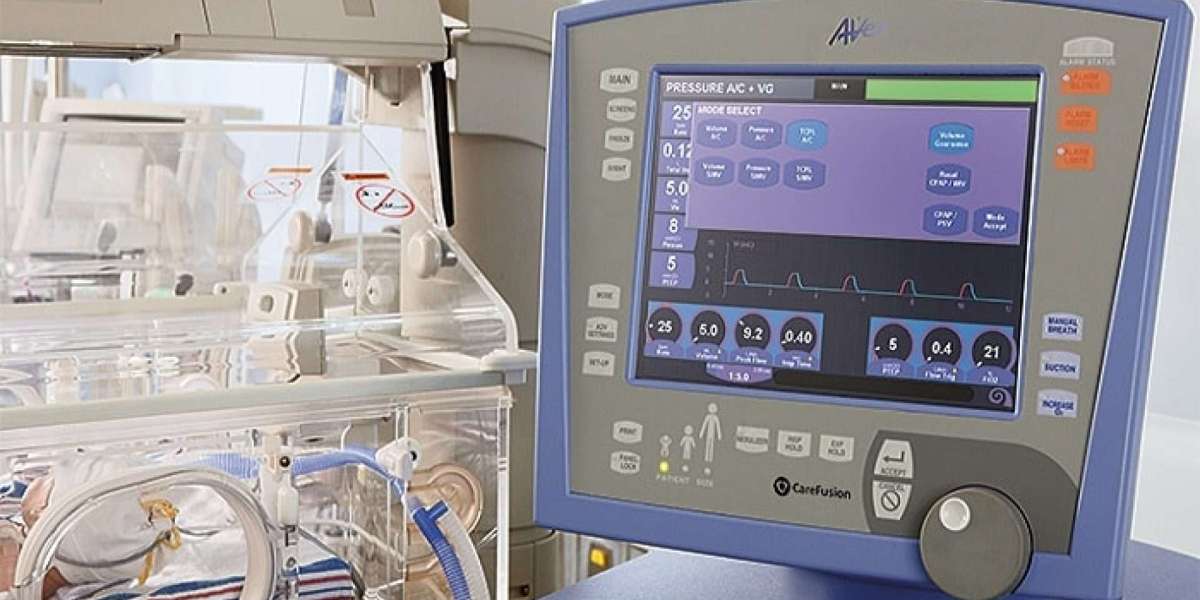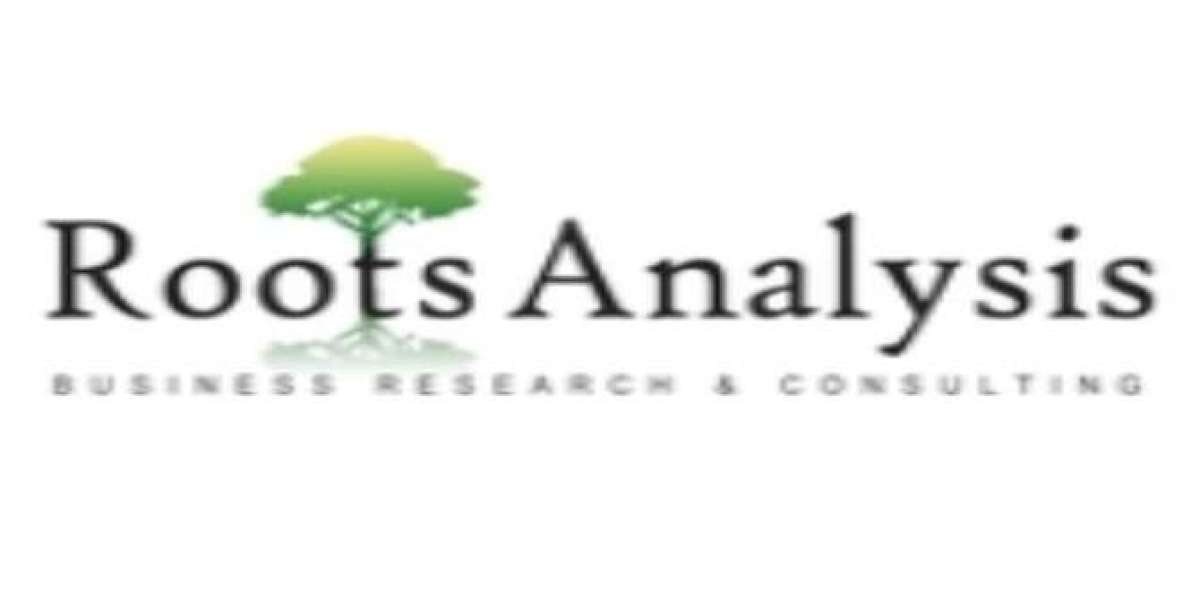The fetal and neonatal heart monitor market is on the cusp of a significant transformation, driven by the increasing adoption of advanced technologies. One of the most promising developments in this market is the integration of artificial intelligence (AI) into monitoring systems. AI is enhancing predictive diagnostics, enabling healthcare providers to detect potential heart issues in newborns earlier than ever before. As AI continues to evolve, its impact on the accuracy, efficiency, and timeliness of heart monitoring systems will significantly improve neonatal care, leading to better health outcomes for both infants and mothers.
The Role of AI in Predictive Diagnostics
AI's potential in the fetal and neonatal heart monitor market lies in its ability to process vast amounts of data in real time, identify subtle patterns, and predict potential cardiac events. Traditional monitoring systems primarily rely on pre-set thresholds to signal abnormalities, but AI-driven systems can learn from complex data sets and make predictions based on historical and current data. This capacity for predictive diagnostics is invaluable in the healthcare setting, where early detection of heart problems can lead to quicker, more effective interventions.
Early Detection of Fetal Distress
AI algorithms can analyze fetal heart rate patterns in real time, identifying early signs of distress that might otherwise go unnoticed. Fetal heart rate monitoring traditionally provides real-time data, but interpreting subtle variations in the heart rate, especially in cases of fetal hypoxia or other conditions, can be challenging. AI can process this data more efficiently and provide early warning signs, allowing clinicians to take preventative actions and reduce the risk of complications during labor.Predicting Neonatal Heart Conditions
AI's ability to analyze neonatal heart rhythms can significantly improve outcomes for newborns, especially those born prematurely or with underlying health conditions. AI algorithms can track heart rate variability, oxygen saturation levels, and other key metrics, providing an early indication of potential cardiac issues like arrhythmias or congenital heart defects. This early prediction allows for timely interventions, including immediate treatment or transfer to specialized care units, which are critical in saving lives and preventing long-term health issues.Enhancing Accuracy and Reducing Human Error
One of the challenges of traditional heart monitoring is the potential for human error in interpreting data. AI-powered systems can reduce this risk by automatically analyzing data and highlighting patterns that might be missed by human clinicians. This not only improves the overall accuracy of the diagnostic process but also provides healthcare professionals with actionable insights to make more informed decisions. By leveraging AI, the fetal and neonatal heart monitor market can help ensure that clinicians have the most accurate and up-to-date information when treating newborns.Personalized Monitoring and Treatment
AI has the potential to tailor heart monitoring and treatment to the specific needs of each infant or expectant mother. By analyzing the unique health conditions and medical history of patients, AI can personalize monitoring parameters such as heart rate thresholds and alarm limits. This customization helps avoid unnecessary alarms and ensures that healthcare providers are alerted only to critical issues, reducing alarm fatigue and improving the overall quality of care.
Future Trends in AI-Powered Heart Monitoring
The integration of AI into fetal and neonatal heart monitoring systems is expected to continue to grow, with several key trends shaping the future of the market.
Integration with Remote Monitoring and Telemedicine
AI is expected to play a central role in the growing trend of remote monitoring and telemedicine in neonatal care. As more healthcare providers embrace digital health technologies, AI-powered heart monitors will be integrated with telemedicine platforms to enable continuous monitoring of fetal and neonatal heart health from home or other healthcare settings. This will allow for real-time diagnostics and intervention, particularly in rural areas or regions with limited access to specialized neonatal care.Use of Big Data and Predictive Analytics
As healthcare systems collect more data from wearable devices and mobile applications, the role of AI in predictive diagnostics will become even more prominent. AI will leverage big data analytics to provide deeper insights into fetal and neonatal health trends. By analyzing vast datasets, AI can identify long-term health risks, detect emerging patterns, and predict future complications. This trend will allow for more proactive, rather than reactive, healthcare for both mothers and infants.Integration with Other Advanced Technologies
AI is expected to be integrated with other emerging technologies, such as Internet of Things (IoT) devices and blockchain for secure data sharing. AI-powered fetal and neonatal heart monitors will become part of a larger ecosystem of connected healthcare devices, improving the efficiency of care delivery and enabling seamless communication between healthcare providers. The integration of AI with IoT will allow for continuous monitoring and timely interventions, enhancing the quality of care provided to infants and mothers.Regulatory Advances and Standardization
As AI-driven fetal and neonatal heart monitoring systems gain more traction, there will likely be regulatory advances to ensure the safety and efficacy of these technologies. Regulatory bodies like the U.S. Food and Drug Administration (FDA) and the European Medicines Agency (EMA) will play an essential role in establishing standards for AI-powered medical devices. These regulations will focus on ensuring that AI algorithms meet rigorous safety and performance criteria, making AI technologies more widely accepted and trusted in clinical settings.Increased Adoption of Wearables and Smart Devices
The demand for wearable and non-invasive monitoring solutions is on the rise. AI-powered heart monitors integrated into wearable devices such as smartwatches or patches will become more prevalent, allowing continuous monitoring of fetal and neonatal heart health outside of the hospital. These devices will provide real-time data, ensuring that healthcare providers can intervene early if needed. As consumer health devices become more sophisticated, the line between traditional medical devices and consumer-grade technology will continue to blur.
Conclusion
The integration of artificial intelligence (AI) into the fetal and neonatal heart monitor market marks a pivotal shift towards more accurate, reliable, and predictive diagnostic systems. By leveraging AI’s capabilities, healthcare providers can detect heart issues earlier, leading to better-informed decisions, quicker interventions, and improved outcomes for both mothers and infants. As the market continues to evolve, AI is expected to drive significant advancements, including remote monitoring, personalized care, and more precise data analysis. These innovations will redefine the landscape of neonatal care, ensuring that healthcare providers can deliver optimal care for newborns worldwide.








